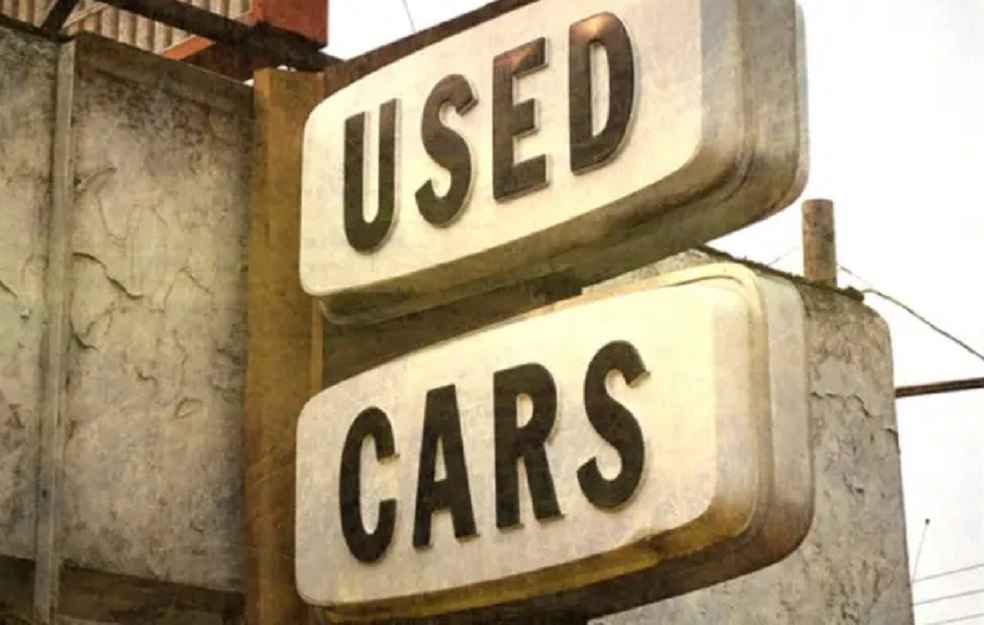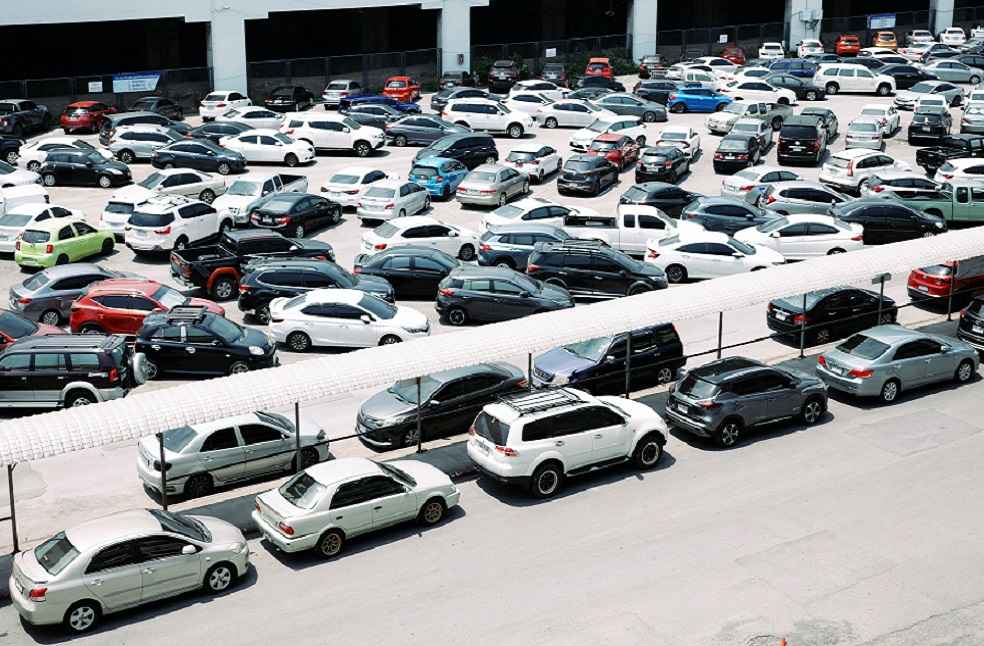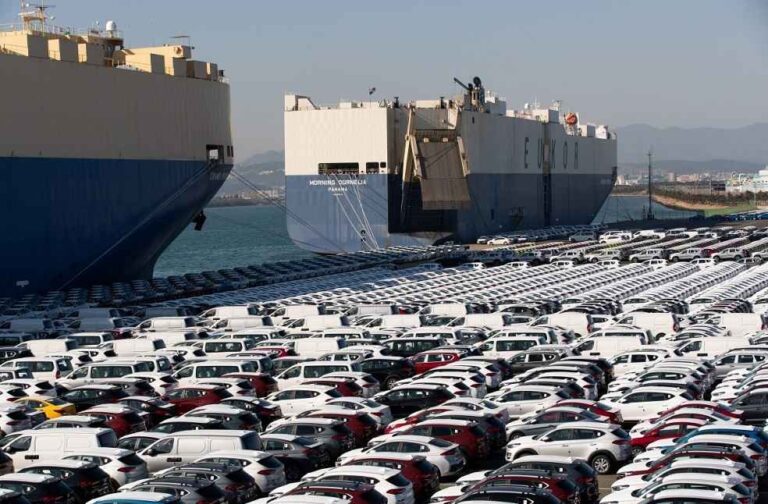Pakistan’s auto sector is facing mounting uncertainty as the International Monetary Fund (IMF) urges the government to cut back tariff protections and allow the commercial import of used cars ahead of the fiscal year 2025–26 budget.
According to the IMF, high tariffs and duties, exceeding 40% on locally produced vehicles, have made the industry less competitive and efficient. The Fund is recommending a more liberal trade policy to increase competition and benefit consumers through reduced vehicle prices.

These proposals have drawn concern from local auto assemblers and parts manufacturers, who fear that easing restrictions on used car imports and lowering tariffs on completely built units (CBUs) could severely damage the domestic industry. Industry stakeholders conveyed these concerns during a meeting with Special Assistant to the Prime Minister (SAPM) Haroon Akhtar Khan on May 6, warning of the potential collapse of local production.
In response, SAPM Haroon Akhtar Khan assured industry representatives that any reforms would be carefully calibrated. He noted that the government intends to strike a balance between aligning with IMF recommendations and safeguarding the interests of the local auto industry.

As part of its reform plan, the government is proposing a gradual reduction of 5–10% in additional customs duty (ACD) and regulatory duty (RD). Larger reductions are expected for CBUs with higher engine capacities. The aim is to relieve pressure on consumers facing inflated prices for domestically produced cars and parts, while still supporting the local market’s development.
Although the IMF’s approach is designed to foster greater efficiency and consumer access, the domestic auto sector remains resistant to such changes. Industry players argue that tariff cuts, if not carefully implemented, could threaten long-term sustainability and derail progress made in building a robust local manufacturing base.
GENERAL | Stellantis Declares Layoffs at its Termoli Facility in Italy





